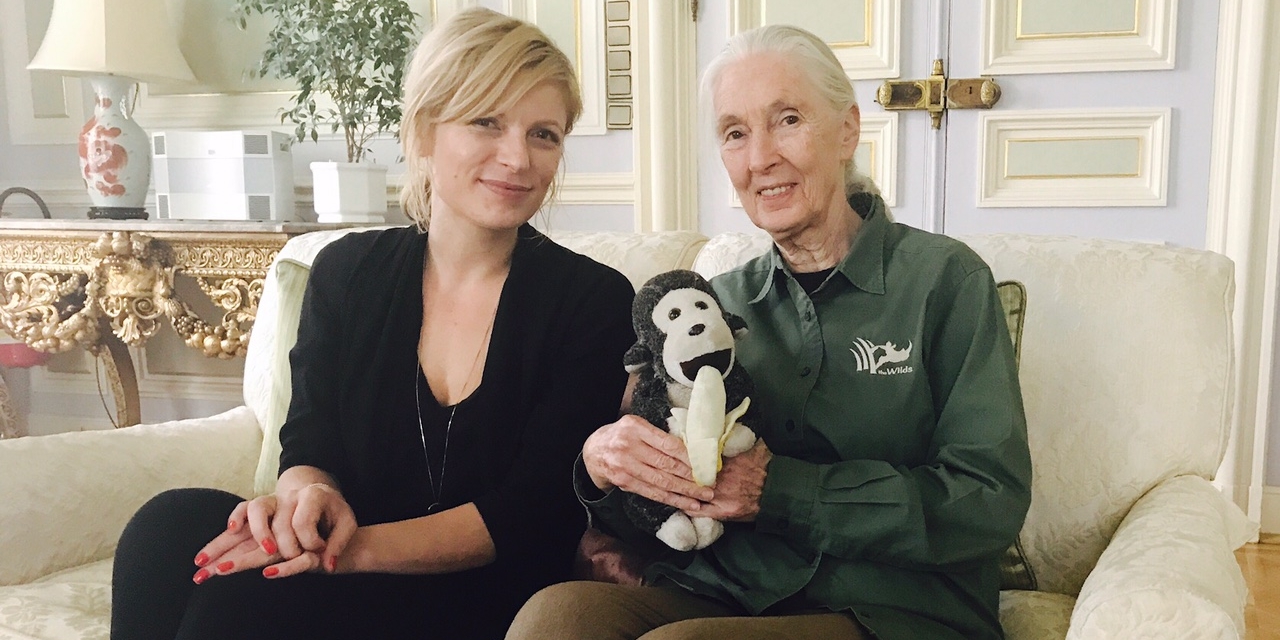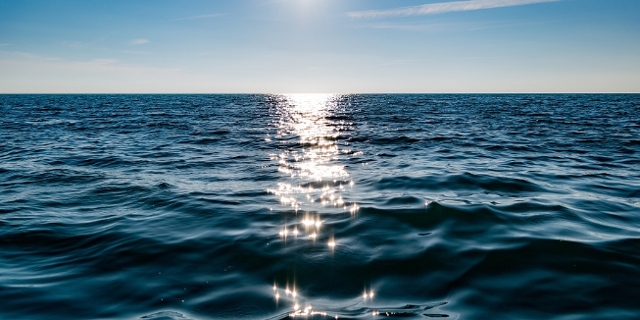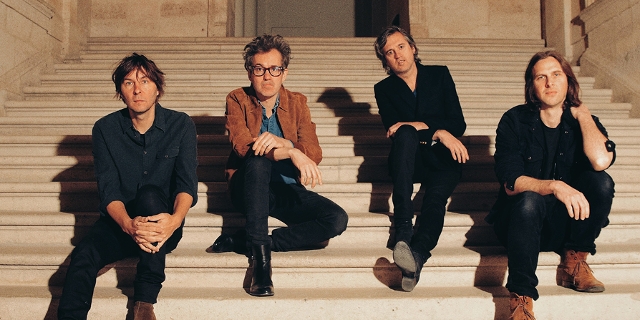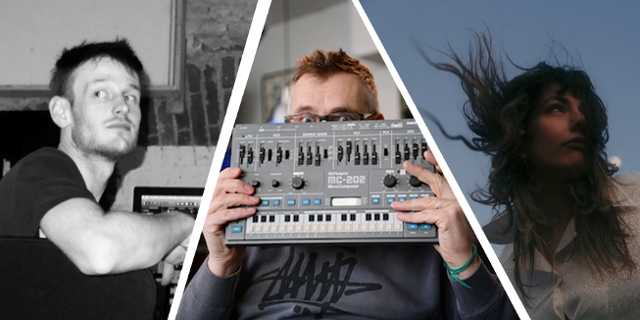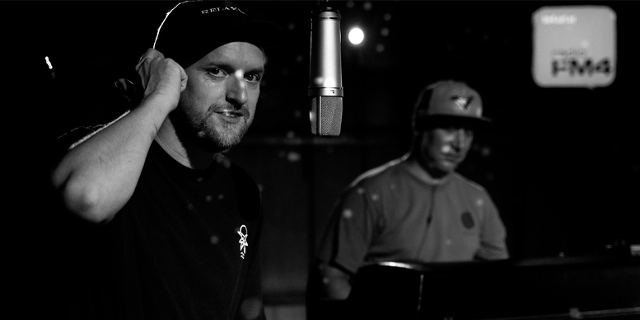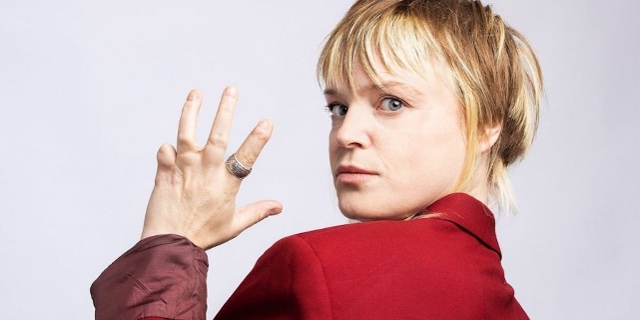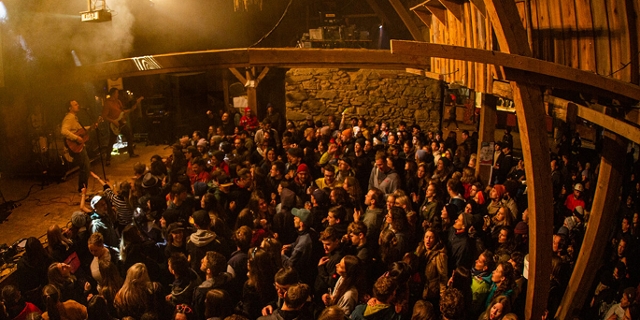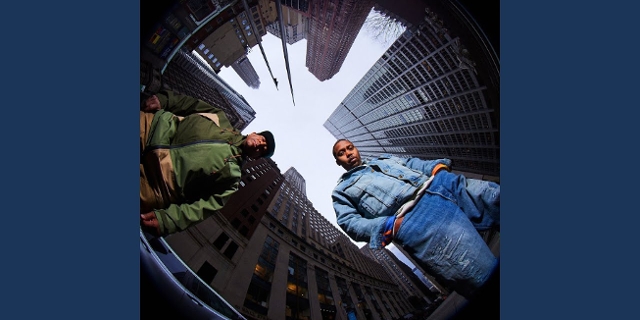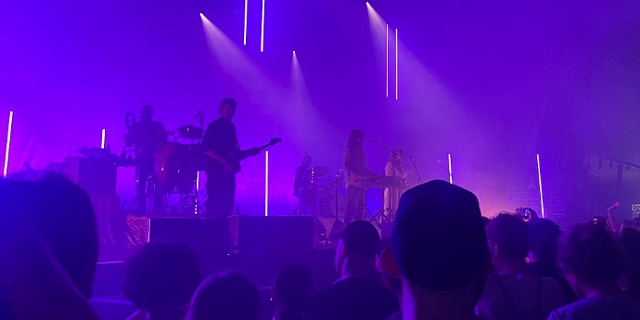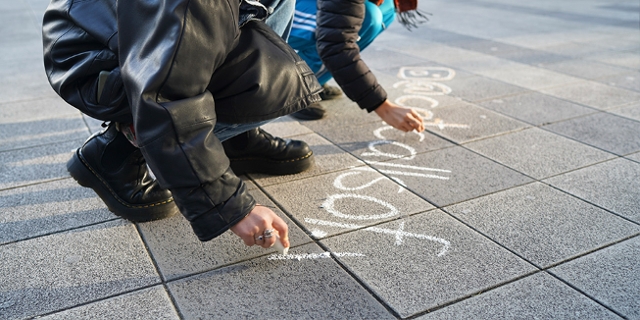Jane Goodall und wie sie die Welt rettet
Von Nina Hochrainer
Sie wird oft als das „Gewissen unseres Planeten“ bezeichnet: Die weltberühmte Schimpansenforscherin, UN-Friedensbotschafterin und Aktivistin Jane Goodall setzt sich seit vielen Jahrzehnten leidenschaftlich für den Schutz von Mensch, Tier und Umwelt ein. 300 Tage im Jahr reist die 83-Jährige Weltbürgerin herum um ihre Botschaft in die Welt zu tragen. Kürzlich war Jane Goodall auch zu Besuch in Wien mit ihrem Vortrag „5 reasons for hope“. Im Interview erzählt sie, was wir Menschen von Schimpansen lernen können, welche Arbeit das Jane Goodall Institute und ihr Jugendprogramm „Roots and Shoots“ leistet, was wir tun müssen um den Klimawandel einzudämmen und warum sie trotz allem immer noch Grund zur Hoffnung hat.
Dieses Element ist nicht mehr verfügbar
You travel all over the world 300 days a year. What are some of the most shocking, most drastic results of climate change that you’ve noticed over the years in all these different places?
Well first of all, I was in Greenland with a lot of elders, indigenous people and we were up with a great ice wall, with the ice cap on top of it. The elders said to me: You know, even in the summer it never melted here. And now, every so often, there’s a huge sound as a great iceberg carves off and you could see the water rushing down to the ocean. That was a shock to be there and see it happening. And then by chance I went straight to Panama and there I met elders who said that they already had to move some of their people off the islands. Because of high tide the islands were not habitable anymore. So they made plans to move all of their people. And just going from that extreme to that extreme was a shock. You know, it’s very obvious, travelling around the world. Everybody says to me: Well the weather is so weird now, we can’t predict it anymore. It should be cold this time of the year and there’s a heat wave, or it should be hot and it’s cold, it’s snowing. The droughts are worse, the storms are more frequent… Everything is in a mess.
You have been to many major international climate talks including the UN climate change conference in Paris which for the first time led to legally binding universal agreements to keep global warming well below two degrees. But even if the current plans would be carried out completely, we’d still see a global temperature rise between 2,9 and 3,4 degrees by the end of the century. So, it’s just not enough. What do think are the most pressing issues?
You know it’s not too late to slow it down and one important thing is to plant trees. This restores the water supply and the trees are able to absorb CO2. Of course, cleaning up the ocean is another desperately important thing to do. Because the ocean in many places is acidified and the little microorganisms that should be absorbing CO2, they can’t and so the ocean is losing its power. It’s our unsustainable lifestyle. We should be trying to leave a lighter ecological footprint. We should think about what we buy.
Another major contributor to the greenhouse gases is methane. Methane comes from animals’ digestive system including ours. As countries get richer, meat eating becomes a symbol of wealth. When I was growing up, meat was, you know, you had it once a week. So now, people are eating more and more meat and they don’t want to spend a lot of money. So these animals are in these ghastly, cruel, horrendous factory farms. To feed these billions of animals – cows, pigs, poultry – you need grain, so whole forests are being cut down to grow the grain. That’s another release of CO2. Then fossil fuel is used to get the grain to the animals, that’s more CO2 into the atmosphere, then more fuel is used to get the
meat to the table.
Der Klimawandel-Schwerpunkt auf FM4 am Donnerstag, 1.6.
- Morningshow: Die Klimaschutzpolitik Österreichs: Klimaheld oder Klimasünder? Live zu Gast kommt Adam Pawloff von Greenpeace, der über den möglichen Ausstieg der USA aus dem Pariser Klimaabkommen sprechen wird.
- Reality Check: OMV and Climate Change
- Connected: Ein Gespräch mit dem Hobby-Klimaforscher und Arktis-Beobachter Neven Curlin und ein Rundgang durch sein Passivhaus in Fürstenfeld
- Homebase: Die Schimpansenforscherin und UN-Friedensbotschafterin Jane Goodall im Gespräch
- Über den ganzen Tag: „What if … Klimaszenarien der Zukunft“
So it’s a huge vicious climate cycle. While the overwhelming majority of scientists around the world have long acknowledged the fact that there’s human caused global warming, there are still climate change skeptics and even climate change deniers out there, the most prominent one currently being US-president Donald Trump. A few weeks ago you condemned his climate change agenda which is also putting the Paris agreement at risk.
He said in his campaign that he would pull out and he has been continuing to say that.
I think the exact words you used regarding his actions were „immensely depressing“. Now, what would you say to a climate change denier like him? How would you change his mind?
I would talk about what I’ve seen with my own eyes. I find the only way to change somebody is to get through to their heart. And the only way I can do that is by telling these stories. The worst thing is to start an argument. Because once you start arguing with somebody, they immediately become defensive, they’re building up what they’re going to say, they’re not really listening anymore. But if you tell stories, and you tell them in a captivating way, they can’t help listening. And then even if it doesn’t seem that that’s made a difference at that time, you know that they’re going to go on turning it over in their mind afterwards.
You met up with the Austrian president, I hope you had a good talk with him. Still, Austria is one of these wealthy countries that need to do way more to fight global warming. Compared to the EU where emissions have been reduced by a quarter since the 1990s, in Austria they have stayed more or less the same. What wakeup call do you give the Austrian government and Austrian citizens?
Was tut Österreich in Sachen Klimapolitik?
Claudia Unterweger hat nachgefragt.
Well I’m not going to give a wakeup call to the Austrian government, I don’t feel it’s my place. And I’m not here to start arguing with the government, that’s up to Austrian citizens. But i’m counting on young people to help educate their parents, their grandparents, and a lot of those are in parliament. So spreading it further and further, getting to more and more different young people in different walks of life, to me, that is the key thing, that’s my job.
You say that the world is a mess, but that we can still do something about it. In this context, do you see yourself as an idealist, an optimist or a realist?
I think I’m a realist because I know full well that if we don’t rise to the challenge it will be too late. But I just happen to believe that we’re not quite there yet, and that we can slow things down but that depends on us taking action. I guess I’m an optimist but a realist, too. I know it could go wrong. But on the other hand, as I travel around, I meet so many incredible, amazing people who are doing far more than you would think one person can do to move us in the right direction.
Publiziert am 01.06.2017







